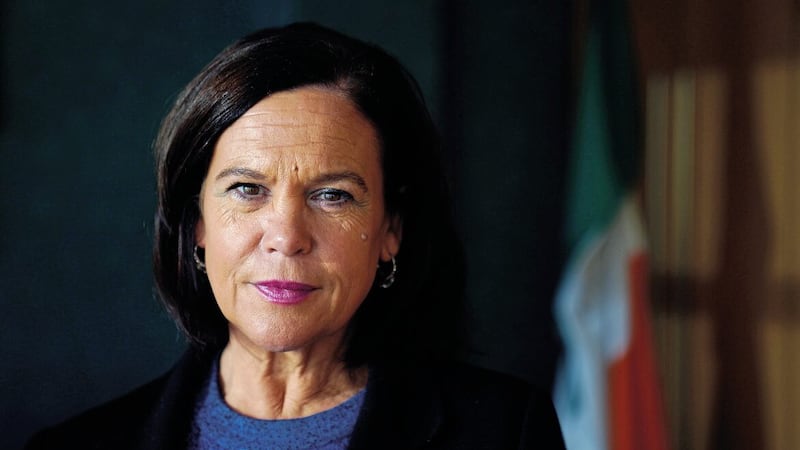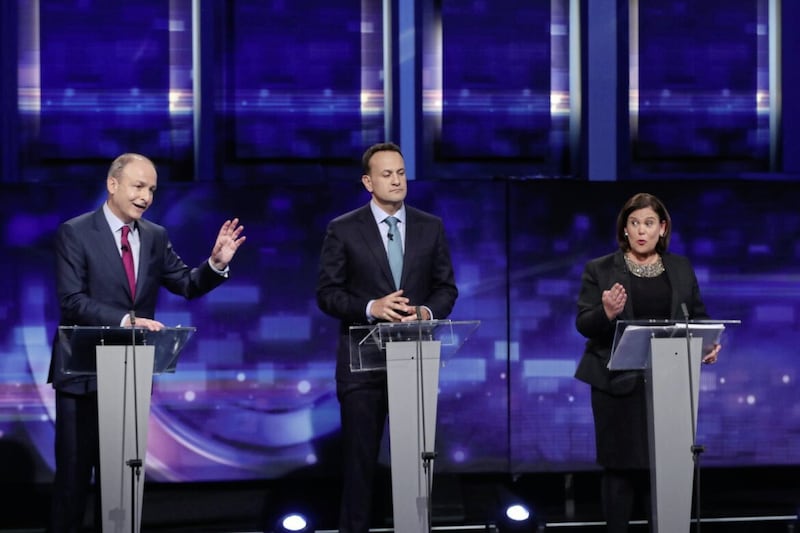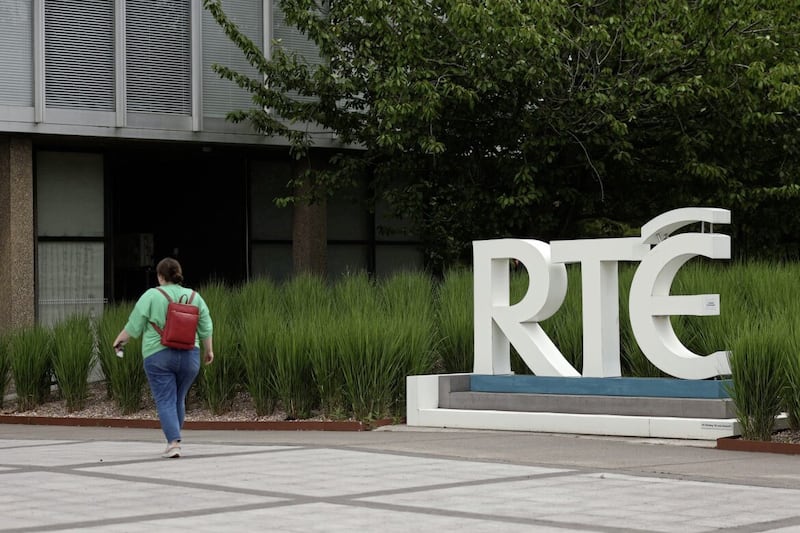THERE is a photograph in last week’s edition of The Kerryman newspaper which shows a group of protesters standing outside the Tralee constituency office of Ireland’s main opposition party. They are holding placards, one of which reads: “Sinn Féin are traitors”.
It was part of an anti-immigration rally arising from critical remarks by Sinn Féin TD for Kerry Pa (short for Patrick) Daly about another protest the previous weekend outside a Killarney hotel that was housing almost 400 refugees – half of them women and children.
The newspaper reports that Deputy Daly described the Killarney protest as “shameful stuff” and he added: “If you’ve a problem, take it outside the Dáil or the department and don’t be further traumatising those seeking international protection.”
Daly was accused in turn by protesters of being “out of tune” with voters and it was alleged also that refugees were intimidating local people, especially women.
The Sinn Féin politician told The Kerryman: “What some of the protesters don’t realise is that there are pregnant women and families in these centres. They felt intimidated.”
He continued: “I understand there have been incidents around the town and that there are genuine fears out there. However, that was the wrong place to protest.”
In an accompanying analysis piece, journalist Stephen Fernane points out that concerns over migration are loudest in working-class communities and that these are also the locations where Sinn Féin wins its strongest support. “Real or otherwise, these are public anxieties that are being exposed to manipulation by darker forces,” he writes.
The stance Pa Daly took was in line with his party’s 2020 election manifesto in the Republic which declared, with regard to immigration, that the state must “protect people fleeing persecution and war, our international obligations must be fulfilled”.
Meanwhile in her Irish Times column, Una Mullally noted that an anti-immigrant protest in Dublin last Saturday included a nasty placard where Sinn Féin leader Mary Lou McDonald’s face was emblazoned with the word “traitor”.
In a speech at a rally outside the Mansion House, Taoiseach Leo Varadkar and his Fine Gael colleague Simon Coveney were labelled as “Marxist radicals”, which some people might find rather comical.
There is an old nationalist slogan that “England’s difficulty is Ireland’s opportunity” and it could be modernised to read: “Sinn Féin’s difficulty is the far right’s opportunity”. That element in Irish politics is combining the immigration issue with housing to win public support.
As Una Mullally wrote: “The far right in Ireland is capitalising on the housing crisis, and piggy-backing on resentments in various communities – urban and rural – where housing needs are not being met.”
Housing is a central issue in Sinn Féin’s bid for power and the party’s radical approach on that issue is potentially its most significant vote-getter in the next general election to Dáil Éireann.
The contest must take place by March 2025 at the latest, but the current Fine Gael-Fianna Fáil-Green coalition is unlikely to leave it until the last minute. Indeed, John Lee wrote last weekend in the Irish Mail on Sunday that “the stage is set” for it to take place in the aftermath of a “giveaway” budget to be announced in the late autumn of 2024.
The latest opinion poll at time of writing, conducted by Behaviour & Attitudes and published in the Sunday Times, shows a drop of four points in support for Fine Gael, from 23 down to 19 per cent. This is presumably because of controversies that developed recently, involving two of the party’s ministers. Sinn Féin are well ahead at 34 per cent, with Fianna Fáil on 25 points and the Greens on five.
In an interesting development, the current Minister for Housing, Darragh O’Brien, who is seen as a potential future leader of Fianna Fáil, left the door open to a possible coalition with Sinn Féin in an interview with the Irish Mirror.
Echoing the views of Tánaiste Micheál Martin, he said: “No-one is ruling out any party at the next election, I’m not and my party leader is not either and I support him in that approach.”
His position contrasts with that of Taoiseach and Fine Gael leader Leo Varadkar, who said in an interview on the RTÉ documentary Two Tribes, presented by Seán O’Rourke: “I would be totally against it, could not lead my party in a coalition with Sinn Féin”. He added that, in addition to stepping down as party leader: “I would resign as a member.”
Sinn Féin president Mary Lou McDonald told the programme that she would be prepared to talk to any potential government partner after the next election. “I will speak to everybody... because I think that is what grown-ups do,” she said.
Although there’s no firm evidence to back it up, the present writer can’t help feeling that the next election might take place somewhat sooner than the end of next year. If, for some unforeseen reason, the shine starts to go off Sinn Féin, then Fine Gael and Fianna Fáil might be tempted to “go to the country”.
But then again, when you’ve won the much-coveted prize of government office, you don’t lightly put it at risk.








